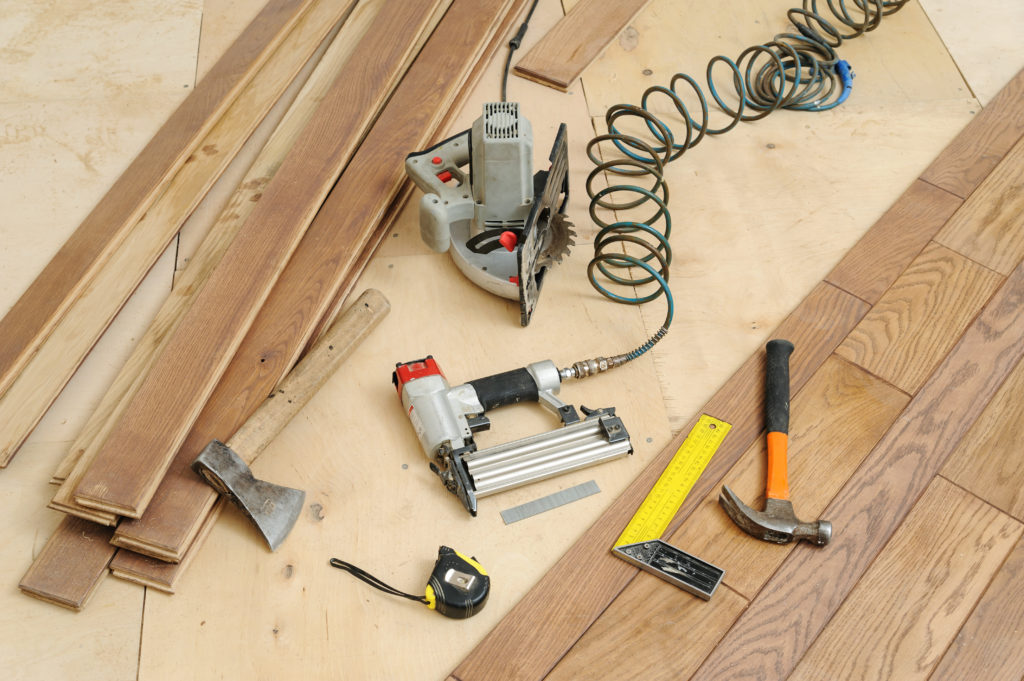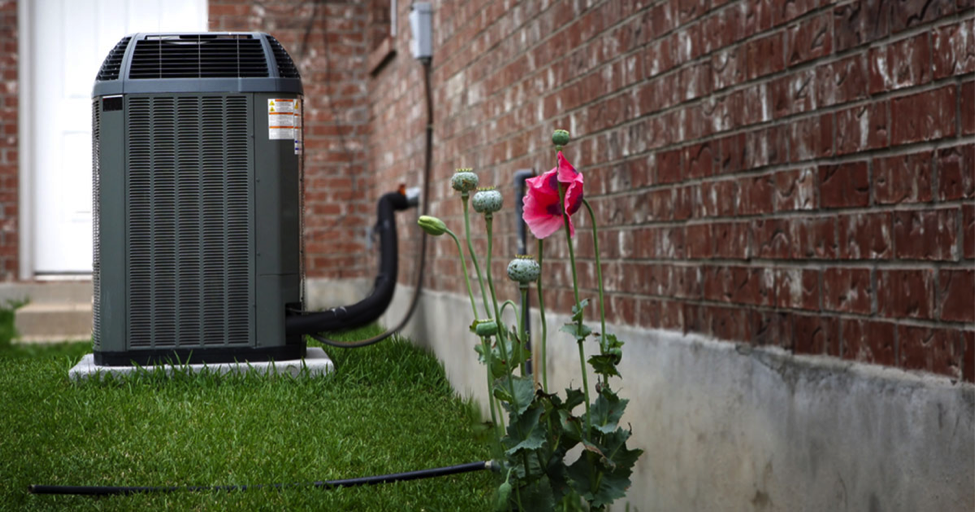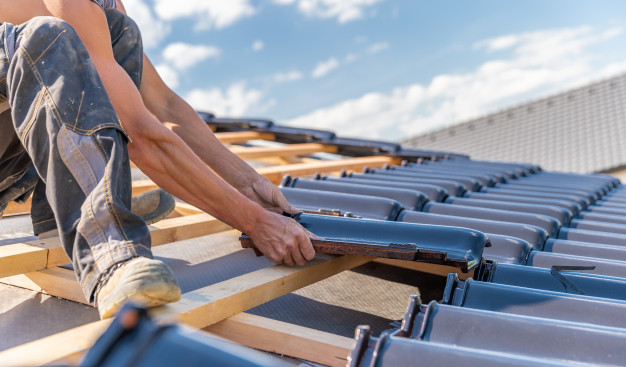What Are the Biggest Factors Affecting the Value of Your Home?

Thanks to inflation, your home’s value is bound to increase over time unless you don’t take care of it!
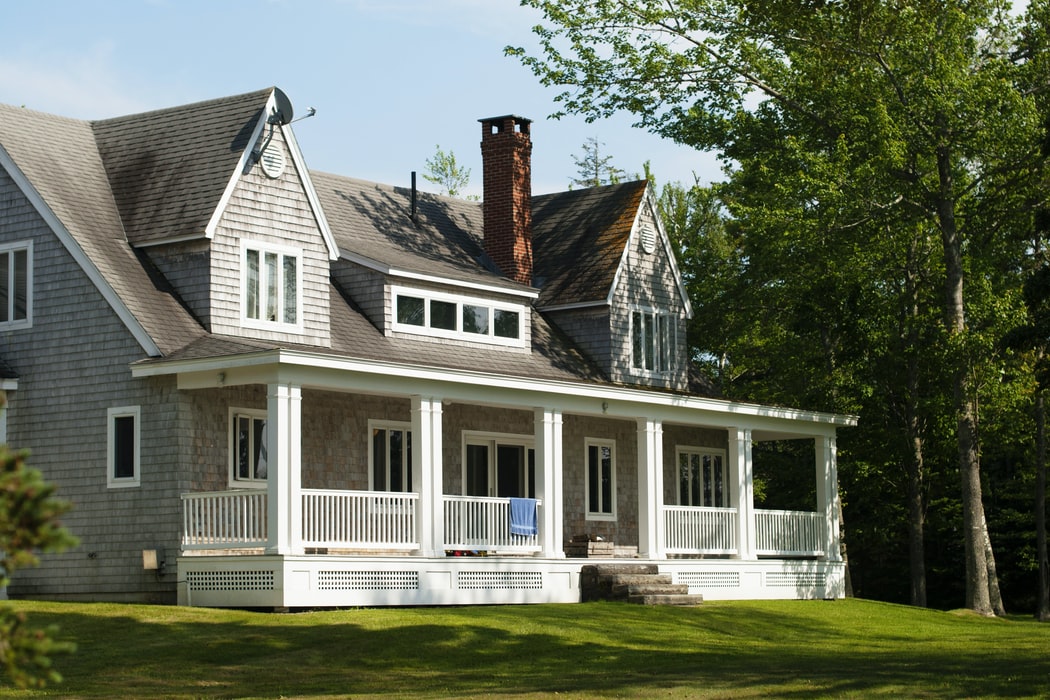
However, you don’t have to wait for the passage of time to positively affect your home’s value. A maintained, updated, and larger home will always fetch more money from buyers.
How to Track What Your Home is Worth
The best way to value your home is by checking the sold prices of similar homes in your area. However, your home’s location won’t tell the whole story. You also need to track factors like property type, size, age and condition, upgrades, renovations, interest rates, and local market.
To get a rough estimate of your property’s value, look for “For Sale” signs on your street and compare that price to your home’s initial purchase amount. But if you want something more in-depth and accurate, use an online real estate investment tracker, like the one on this page.
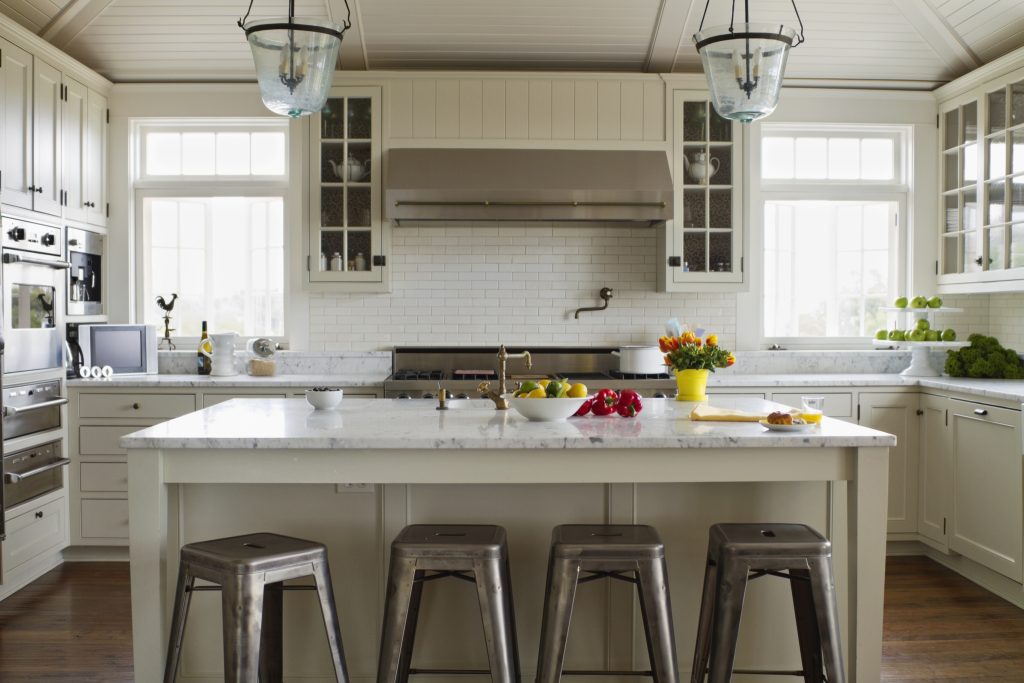
8 Critical Factors That Influence a Home’s Value
The value of your home is based on what the market and buyers are willing to pay for it. While some buyers will weigh certain factors more than others, most buyers care about the following.
1. Neighborhood Comps
Homes will typically sell for a similar price as other properties in your neighborhood. These comparable homes are called “comps.” Home appraisers and real estate agents will rely on comps to determine your home’s estimated market value before adjusting for key differences.
2. Neighborhood Location
If your neighborhood is close to schools, great employment opportunities, and a shopping district, then your home will be worth more. However, a bad real estate location will have high tax fees, excessive noise, a high crime rate, property deterioration, and a poor drainage system.
3. Home Size and Space
While a big home with multiple bedrooms can positively impact valuation, it’s advisable not to get a home that’s too large. If your home is too big, it will be harder to sell due to its price and size. On the other hand, most 2 to 3-bedroom homes don’t stay on the market for long.

4. Age and Home Upgrades
Depending on the condition of your house, an old home can sell for more. However, you’ll need to spend money on upgrades if you want to appeal to modern families. To get the most bang for your buck, renovate your kitchen, upscale your bathroom, and replace the windows.
5. Your Home’s Foundation
Your home may not appeal to everyone’s tastes, but most repairs are universally loved. Repairs to your foundation can instantly raise the value of your home because you protect the structure from mold, floods, pests, and air drafts. Plus, a sealed foundation prevents more costly repairs.
6. The Real Estate Market
Even if your home is in a prime location and decked out with all the latest updates, it doesn’t guarantee you’ll sell your home for more than it’s worth. In a seller’s market, you’ll be able to sell at a high price. But in a buyer’s market, you won’t have room to negotiate your home’s price.

7. Prime Interest Rates
Interest rates affect a person’s ability to buy a home. High-interest rates may cause people to forgo buying a house or purchase a high-valued home, but low-interest rates increase the number of buyers. You’ll want to sell when rates are low to improve your home’s value.
8. Economic Indicators
In slower economic conditions, fewer people will be willing to buy homes or sell their homes and relocate for another job opportunity. When more people are employed, and the economy is fine, you’ll see more homes on the market. Keep up with appreciation to sell at the right time.


